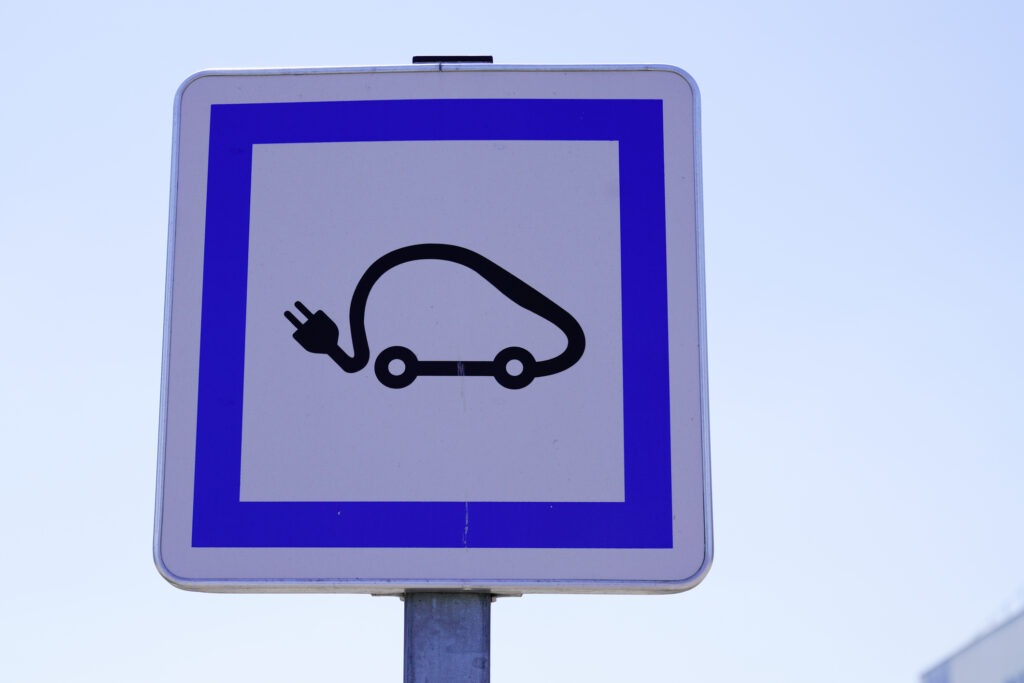EU new-car market kept growing in October
23 November 2023

Recording 855,484 registrations in October, the EU new-car market marked its 15th consecutive month of growth, up by 14.6% year on year. Three major contributors to this growth were France, Italy and Spain, growing 21.9%, 20% and 18.1% respectively.
This double-digit performance was not enjoyed in other key markets. Germany only saw a modest increase in registrations last month, up by 4.9% with 218,959 units. The only two countries in the EU to see registrations drop were Ireland, down by 17%, and the Netherlands, down 1.5%.
These broadly buoyant results contributed to the positive year-to-date figures. In the first 10 months of 2023, the EU saw nearly nine million registrations, up by 16.7% year on year. All markets in the region recorded growth apart from Hungary, which fell slightly, down 2.8%.
Compared to October 2019, before the COVID-19 pandemic and supply-chain crisis impacted the automotive market, EU registrations stayed significantly behind, down 17.3% year on year. Across the first 10 months of the year, the market was down 19.6% on 2019.
BEV-powered performance?
October saw deliveries of battery-electric vehicles (BEVs) grow by 36.3% to 121,808 units. Eight EU markets posted triple-digit year-on-year BEV growth in the month. Leading this pack was Czechia, up by 156.1%. However, this was the result of only 740 registrations.
Cyprus (up by 148.5% with 82 units), Estonia (up by 119.1% with 149 units), Slovakia (up by 124.2% with 269 units) and Slovenia (up by 106.3% with 396 units) followed a similar trend. These smaller markets will keep posting remarkable growth as their registration figures sit comparatively lower, particularly against other locations where electric adoption has progressed further.
Belgium (8,628 units) and Denmark (4,825 units) both recorded triple-digit growth, up 147.3% and 100.7% respectively. Spain (up by 87.6%), Italy (up by 57.2%) and France (up by 51.1%) also posted promising BEV numbers. All three markets are waiting on clarification of future purchase incentives, which could be instrumental in adoption.
Germany has provided a primary example of what happens when BEV incentives are withdrawn. All-electric cars saw registrations grow by 170% in August ahead of the withdrawal of financial aid for business purchases of electric vehicles. This was followed by a 28.6% slump in September and a more sedate increase of 4.3% in October.
Shares still stubborn
While battery-electric vehicles continue to see growth in many EU markets, the powertrain remains in a distant third in the share ranking. BEVs claimed 14.2% of the EU new-car market in October, down from 14.8% in September, but up from 12% in October 2022.
BEVs performed significantly better than plug-in hybrids (PHEVs), as registrations of the powertrain dropped by 5% in October to 72,002 units. Even the positive performances in Belgium (up by 70.2%) and France (up by 34.2%) could not balance the 49% fall in Germany.
The lack of confidence in the technology is reflected in its market share. Not counting the ‘others’ category, PHEVs took the lowest share of the new-car market last month with an 8.4% stake. This is down from 10.2% in October 2022.
Only diesel, which has been in decline for a number of years, also dropped in market share. Its holding shrank from 15.9% in October 2022 to 12% last month thanks to a registration decrease of 13.2%.
Combined registrations of full (HEVs) and mild hybrids (MHEVs) saw the biggest increase in registrations last month, climbing 38.6%. This was accelerated by Germany (up by 57.9%), France (up by 40.1%), and Italy (up by 28%). The powertrain made up 28.6% of the EU new-car market in October.
HEVs and MHEVs continue to enjoy popularity over PHEVs and BEVs as consumers navigate a weaker economic climate, higher all-electric prices, poor charging infrastructure and sustainability pressures.
Petrol was once again the EU’s most popular powertrain, with registrations across the bloc up by 8.1%. Sales surged in Italy (up by 21%), France (up by 17.4%), Spain (up by 7.7%), and Germany (up by 7.5%). This meant petrol-powered cars represented 33.4% of registrations in October. However, this was down on the 35.4% share recorded in October 2022.



